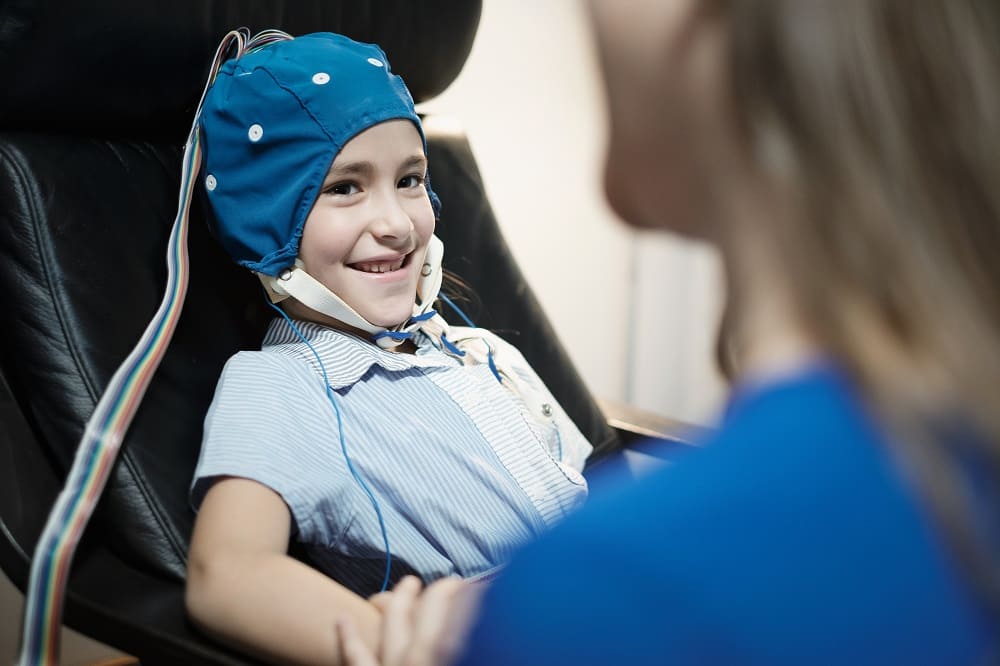Four Reasons Psychologists Get Trained in Neurofeedback
There are still relatively few psychologists who are trained to provide neurofeedback services.
Here are four reasons some psychologists have decided to attend neurofeedback training.
- Many clients or parents of clients are looking for alternative methods of dealing with ADHD besides medications. Young people and adults that suffer with ADHD symptoms are usually proscribed medications that often but not always help. Unwanted side effects often cause people to seek other ways of dealing with the symptoms. Neurofeedback has been shown to be effective in helping reduce symptoms of ADHD. When compared to a normative database, the abundance of slow waves – Theta or Alpha to the faster waves is often too high. Neurofeedback training can help normalize this activity and help with reducing symptoms.
- Psychologists see large numbers of clients with anxiety. Like with ADHD, clients with anxiety are often prescribed medications that might or might not be effective in managing symptoms and might also have negative side effects. The brainwave activity of a person with anxiety is often different than those without anxiety. In many cases the faster Beta waves show higher power than the average brain without the anxiety symptom. Neurofeedback training has been shown to be effective in reducing anxiety symptoms by encouraging the brain to decrease the power in the faster Beta wave frequencies and increasing the slower Alpha wave frequencies that are associated with relaxation.
- Psychologists have a lot of clients who don’t sleep well. Sleep problems can make many other problems worse. Improving sleep can help to improve other seemingly unrelated problems. When our eyes are open, our brain must process all the information that comes in through the eyes. The brain is busier with our eyes open. When we close our eyes, the brain has the opportunity to and should rest. When the brain is in this resting state, it produces more Alpha waves. If instead of allowing our brain to rest, we start to think about all of our problems, our brain doesn’t produce more Alpha waves. It continues to produce mostly faster Beta waves. If our brain continues to produce mostly faster Beta waves when we close our eyes it is harder to fall asleep. We need slower Alpha and Theta waves to move into sleep.
- Other forms of psychological therapy are more effective when the client’s brain is better regulated. Dysregulation in the brain can contribute to all kinds of symptoms. Using neurofeedback training with clients can help other therapies that a psychologist uses like psychotherapy, cognitive restructuring, or psychoanalysis work more effectively. All of these therapies involve the client’s brain so it makes sense that if the brain is more regulated, the therapies would have a better chance of working.
A bonus reason psychologists have told me that they like using neurofeedback is that it gives them and their clients something to do other than talking. It can be exhausting and not always effective to just continue to discuss problems. Neurofeedback training actually helps to regulate brain activity to provide improvement with symptoms.





